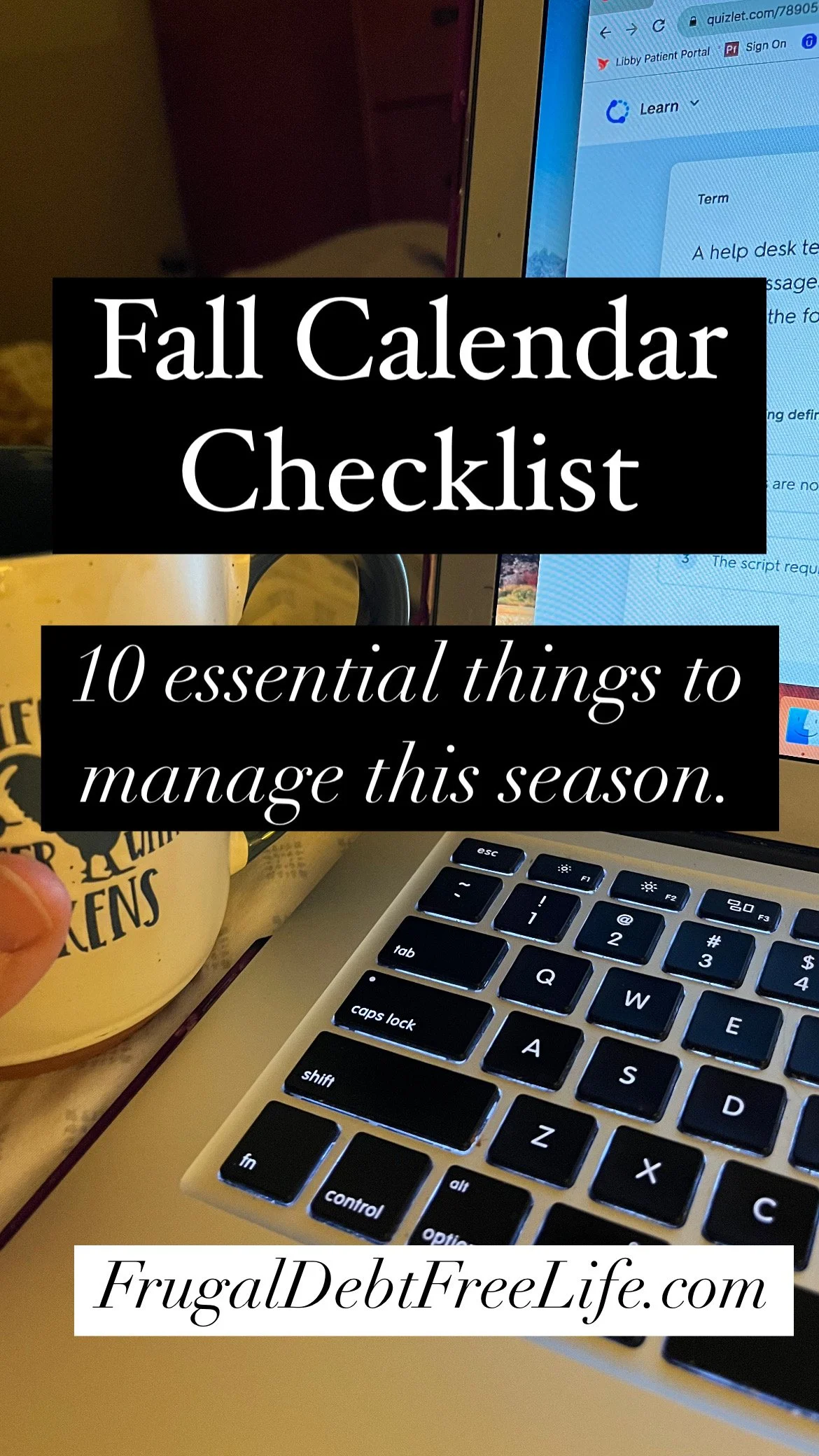Saving money on insurance costs
/This post is underwritten by a Nationwide insurance agent in Harrisburg, MS. However, all thoughts and opinions are my own.
Having kids, buying a new home, moving to a new city or purchasing a vehicle for your growing family are all exciting things. But one major expense that goes along with these life changes is insurance.
I think it is easy to shrug off the expense of insurance as if it is simply a fact of life, but the truth is that you can avoid overpaying for insurance with a little bit of effort.
Shop Around
As with many other major purchases, if you are serious about spending less money on insurance, you need to shop around. Look at different providers and policies and read the fine print about exactly what is offered. Don't just go with the first provider you see or the one your neighbor has.
Buy only what you need
Many people complain about paying too much for insurance when it turns out that they have purchased more insurance than they need. Make sure you don’t have policies that cover duplicate categories. For instance, if you have AAA membership, you don’t need to purchase towing insurance
Bundle what you can
See if you can save money by sticking with one provider. We use the same provider for our home, auto and supplemental wind policy (required by our mortgage lender in the hurricane zone where we live).
Try to build a good relationship with your insurance broker who can help you find good deals on coverage. Insurance companies have been known to provide price reductions for customers who own more than one policy with them- all you have to do is ask. Also, see if you can negotiate through your agent a deal that will cost you less.
Be smart about your deductible
Desperation can cost you money when you are looking for the right insurance policy. You can set your deductible, or the amount you pay out of pocket for damage or an accident before the insurance company kicks in its share. Many people set their deductible as high as possible to avoid paying much, but this often means higher premiums. Remember, a high deductible is not “free.”
Set your deductible at a lower level or pad your emergency fund to make up the difference.
Mind your miles
Many insurance providers provide discounts for low miles. This is just basic math, the fewer miles you drive, the less likely you are to be in a wreck. If you have a short commute, or only use your vehicle for things like running to the grocery store or basic errands, you may qualify for a discount.
Rethink claims
If your car gets bumped in a parking lot and there is a small dent really evaluate whether or not you need to make a claim.
Once premiums go up because of a car accident or another unfortunate event, there isn’t much you can do.
If the dent can be fixed for a modest amount of money, it might be better to fix it yourself, rather than filing a claim.
Shop smart
If you're in the market for a new (or new to you) vehicle give your insurance agent a call to see the cost of insuring the vehicle. Premiums are based on things like the cost to fix or replace a car. Make sure the insurance costs are in your budget before you drive off the lot with your new car.
Ask!
Safe driver discounts. Military discounts. Full payment discounts... ask your insurance provider what discounts they offer and see if you qualify.
Insurance Doesn’t Have to Be Expensive
Insurance can be affordable if you put some thought into purchasing a policy.
Make sure you know all of the details of your insurance policy so there aren’t surprises and you don’t end up buying too much insurance. Look for an insurance company that suits your needs, and stick with one that works. Build a relationship with your agent who can do some work for you and find discounts.
Also, avoid being too quick to file claims so you aren’t treated as if you are a risky client. If you are unhappy with your current insurance package and feel you are paying too much, it is a good idea make the switch sooner rather than later. It may be a hassle to change providers, but it might end up saving you money. The amount you will save on insurance will be worth the transition to a new provider.
What about you? What steps have you taken to reduce insurance costs?
























